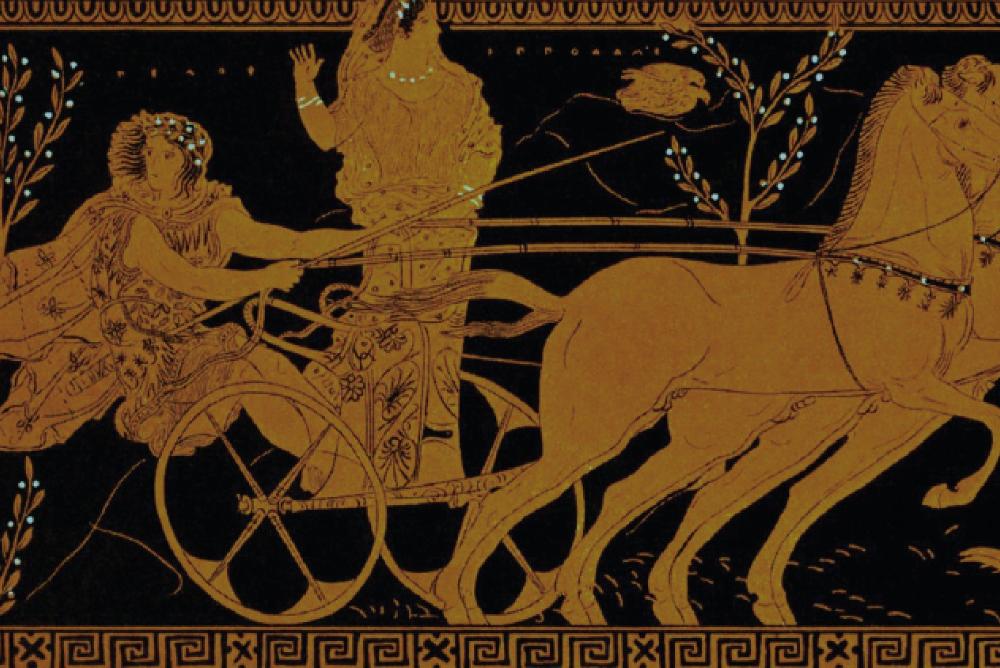Classical Studies Events
[PAST EVENT] Classical Studies Colloquium
Location
OnlineAccess & Features
- Open to the public

Treks and Tales: Mobility in Antiquity
The 2020 Classical Studies Colloquium
Saturday April 25, 2020
The Classical Studies Colloquium is an annual celebration of the scholarship of advanced students in Classical Studies at William & Mary. The Colloquium is designed and presented by the students, and is free and open to the public.
This year, the Colloquium will be held completely online. To attend any or all of the sessions of the Colloquium, use the following Zoom address:
https://cwm.zoom.us/j/93434306127
The theme of this year’s Classical Studies Colloquium is Mobility. Mobility is an important concept in every field of Classical Studies. Examples of mobility include the movement of people for travel, trade, warfare, pilgrimage, and colonization; the movement of literary, scientific, philosophical, religious, and artistic ideas; the movement of artifacts and commodities in the course of trade and migration. How and why people and things move from one place to another or from one state to another are important questions to address in understanding how cultures communicate, change, and define themselves.
1:00 pm Etruscan Longevity
Sydney Kennedy: The Proto-Portraiture of North Etruscan Cinerary Urns and the Philosophy of Elite Self-Worth
Rachael Roth: Who Owned Nestor’s Cup?
Alessandra Scholle: Etruscan and Roman Identity in Funerary Inscriptions of the Late Republic
2:00 pm Poetry without Borders
Madelyn Little: What’s in a Name? Syncretism of Greek Religion and the Cult of Isis Told through Aretalogies.
Morgan Blackwelder: The Journeys of Narrative Poetry: The Broader Literary Context of Homer’s Odyssey Through Chthonic and Death Motifs
Peter Psathas: A Stitch in Time: Rhapsodes and the Variability of Homeric Poetry in Ancient Greece
3:00 pm Crafted Narratives and Sanctioned Voices
Fred Nunnelly: At World’s End: Ancient Travel Beyond the Pillars of Herakles
Hana Liebman: Cleopatra, That “Harlot Queen”: The Role of Egypt’s Most Infamous Monarch in the Roman Rhetoric of Otherness
Sophia Warnement: Narration and Audience in the Itinerarium Egeriae and Itinerarium Burdigalense
4:00 pm The Material Culture of Mobility
Varvara Troitski: A Roamin’ Emperor: Hadrian’s Patronage of Mainland Greece
Carson Sisk: Mobility in Antiquity through the Cult of Demeter
George Tomadakis: The Influence of Greek Contact Sports in the East
Ashton Rodgers: Foundation Narrative and Activity: Reading Migration in the Demeter Cult at Cyrene
Contact
[[hutton]]
